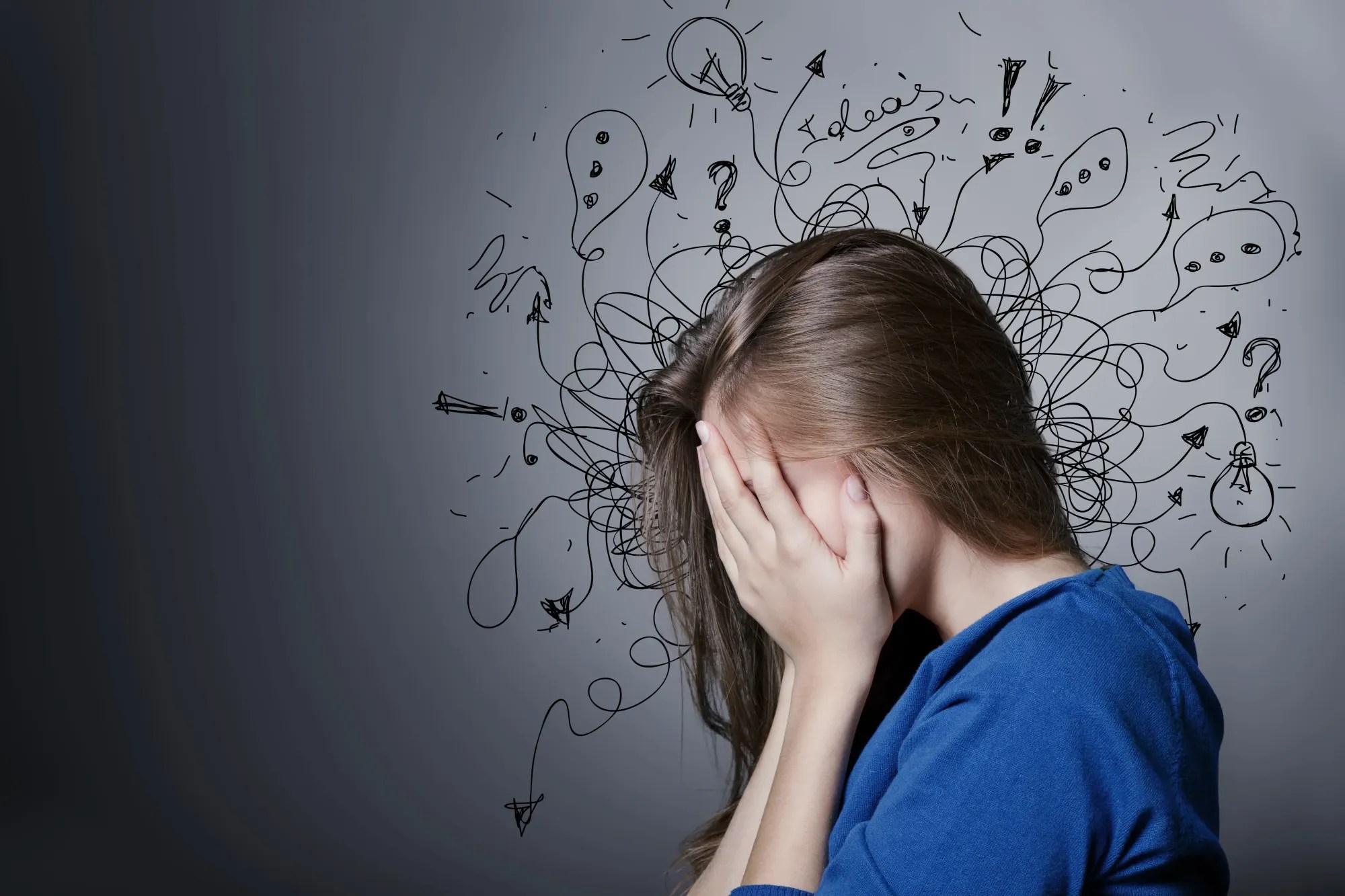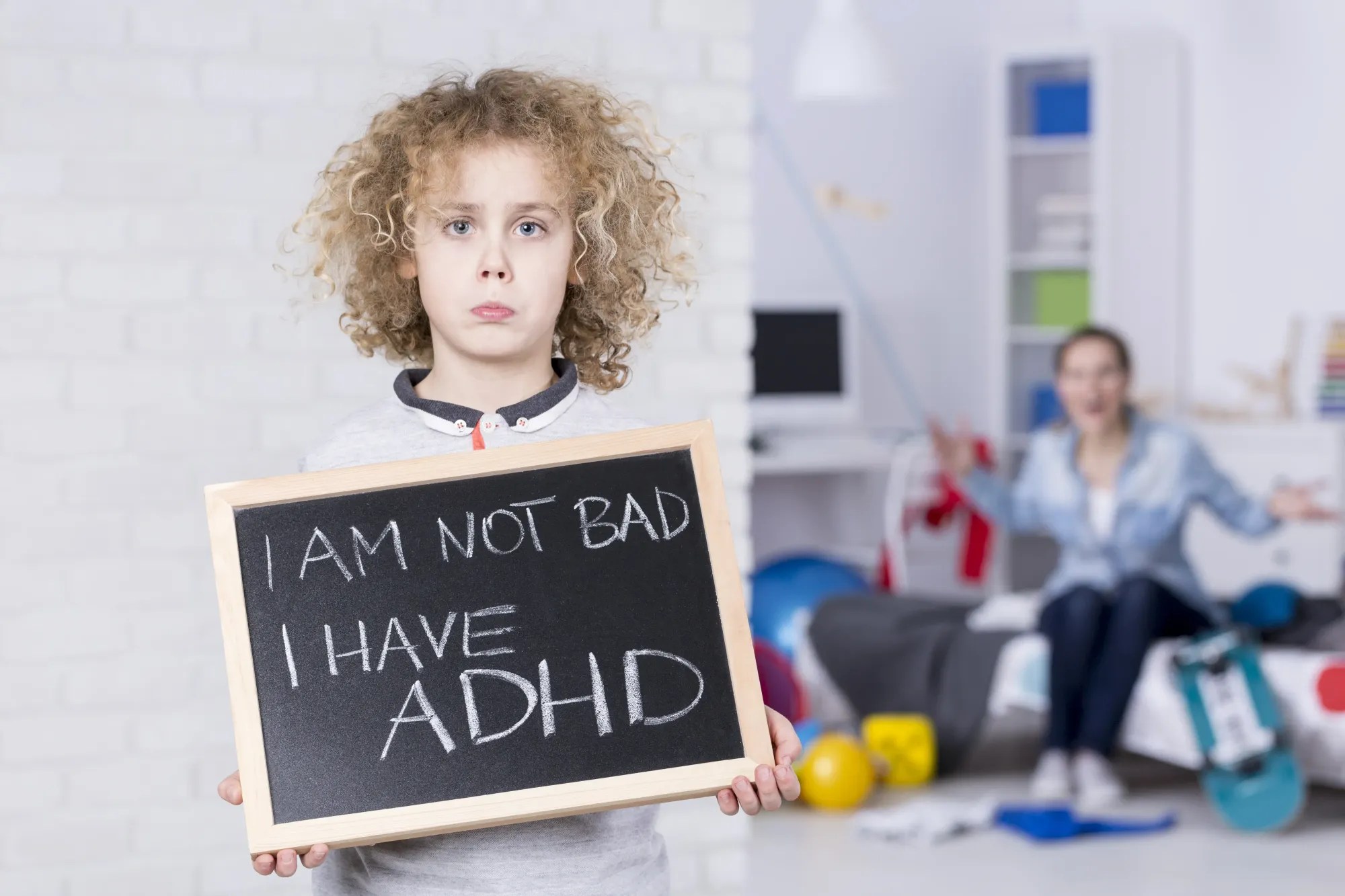Attention deficit hyperactivity disorder (ADHD) is a neurological issue that affects how you pay attention, sit still, and control your behaviour. It primarily affects adolescents and teenagers, although it can also impact adults. It is the most commonly diagnosed mental illness among children. Boys are more likely to have it as compared to females. It’s most often identified in a child’s early school years, when he or she has trouble paying attention.
ADHD cannot be cured or prevented. Early identification of the disorder, as well as a comprehensive treatment and education plan, can assist a child or adult in managing its symptoms. This diagnostic criteria ensures that patients with ADHD are identified and treated effectively. Using the same criterion in different places can help determine how many children suffer from the disorder and how this impacts public health.
So, we reached out to Dr. Amit Gupta, Senior Consultant Paediatrician & Neonatologist at Motherhood Hospital in Noida and asked him to share the early signs of ADHD one should watch out for and the treatment available. Read on to know all that he shared.
Signs And Symptoms Of ADHD
1. Inattentiveness
- The person doesn’t follow instructions or complete assignments.
- They don’t appear to be paying attention and make casual blunders.
- They ignore day-to-day activities.
- They have trouble keeping track of everyday responsibilities.
- they don’t enjoy doing tasks that require them to sit still.
- They frequently misplaces items.
- They daydream a lot.
2. Hyperactive-Impulsiveness
- The persona has a difficult time playing quietly
- They are always on the move, whether it’s running or climbing.
- They talk a lot.
- They have a hard time waiting for their turn.
- They answer in a jumble.
- Others are disrupted.
As a person grows older, the symptoms of ADHD may vary. Read on to know the signs and symptoms of ADHD in adults.

3. ADHD In Adults
- They are late or forget things on a regular basis.
- They have anxiety.
- They’re low on self-confidence.
- They have workplace issues or anger management issues.
- Thy are impulsive.
- They misuse or are addicted to substances.
- They have difficulty keeping themselves organised.
- They procrastinate.
- They are frustrated easily.
- They are frequently bored.
- When reading, they have trouble concentrating.
- They experience mood swings.
- They have depression.
- They experience problems in relationships.
Treatment For ADHD
ADHD may be treated in a number of different ways. However, data suggests that for many children, a multimodal approach is the most effective way to address symptoms. This entails a combination of therapeutic modalities that function together. Medication and counseling can help with many of the symptoms of ADHD. It is critical that therapists, physicians, teachers, and parents work together closely. Stimulants are the most often recommended drugs for treating ADHD, despite concerns about probable misuse. They can aid in the regulation of impulsive and hyperactive behaviour as well as the improvement of attention span. They affect brain chemicals like dopamine, which can exacerbate impulsive behaviour. The majority of negative effects are minimal and will fade away with time. Doctors may reduce a dose to reduce negative effects in specific circumstances.
Stimulants can have more significant negative effects in rare circumstances. Some, for example, have been associated with an increased risk of heart disease and mortality in youngsters. They can also aggravate mental illnesses including depression and anxiety, as well as provoke a psychotic reaction. Consult your doctor about the dangers and advantages of using an ADHD medication for your kid. Remember that finding the proper drug and dose may need some trial and error.
ADHD may make it difficult to deal with the problems of ordinary life if not treated. Learning and developing social skills can be challenging for youngsters. Addiction and relationship problems are common among adults. Mood swings, sadness, low self-esteem, eating disorders, risk-taking, and confrontations are all possible outcomes of the illness.
Keep a track of your symptoms and consult your doctor as needed. Medications and therapies that were formerly effective may no longer be so. It’s possible that you’ll need to alter your treatment regimen. Some people’s symptoms improve as they become older, and some are able to quit using medication.
Follow @malinisgirltribe on Instagram for more content like this and download the Girl Tribe by MissMalini App to join our Healing & Wellness community.

